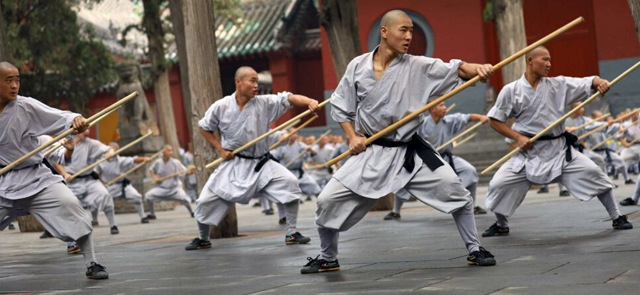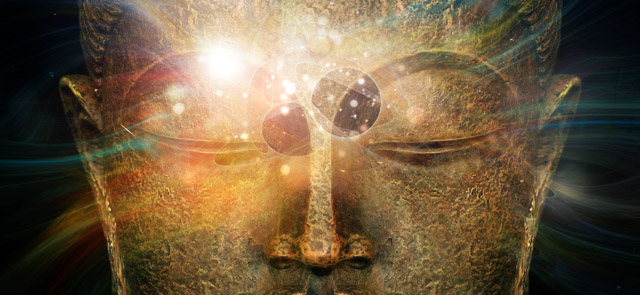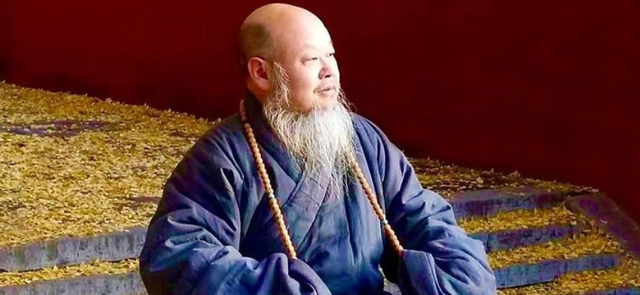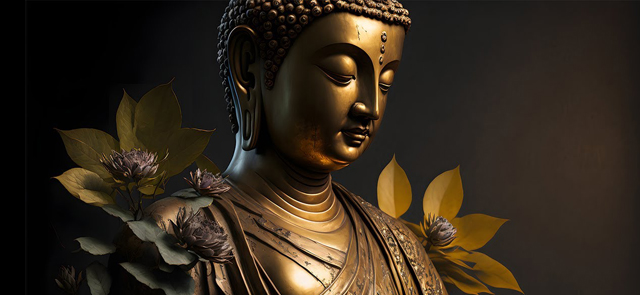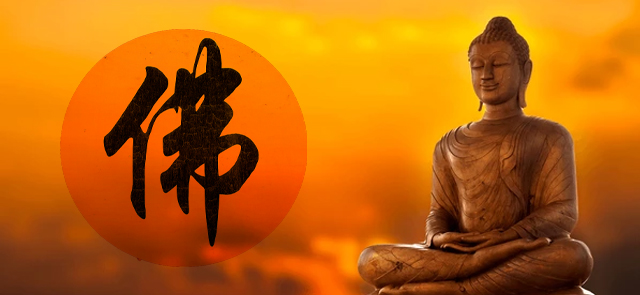In popular culture and the martial arts world, Shaolin Kung Fu is often portrayed as a formidable fighting style, emphasizing powerful strikes, acrobatic movements, and awe-inspiring physical feats. However, beyond its combative nature, Shaolin Kung Fu is much more than just a martial art. It is a profound system of self-development, encompassing the mind, body, and spirit.
Origins and Philosophy of Shaolin Kung Fu
Shaolin Kung Fu originated in the Shaolin Temple in China over a thousand years ago. Its roots lie in the integration of martial arts and Buddhist philosophy. The Shaolin monks recognized that true mastery goes beyond physical prowess; it involves cultivating inner virtues, discipline, and self-awareness.
The philosophy of Shaolin Kung Fu revolves around the harmonious unity of the mind, body, and spirit. It seeks to develop an individual's character, moral values, and inner strength. Shaolin monks emphasize compassion, humility, perseverance, and respect for all living beings. The ultimate goal is to achieve enlightenment and contribute positively to society.
The Training Regimen of Shaolin Kung Fu
Training in Shaolin Kung Fu is a rigorous and holistic process. It encompasses various aspects, including physical conditioning, forms practice, meditation, and ethical teachings. Let's delve into each of these components:
a. Physical Conditioning: Shaolin Kung Fu places great importance on physical fitness. Training includes exercises to enhance strength, flexibility, endurance, and agility. Monks engage in demanding physical routines, such as running, jumping, kicking, and punching, which not only develop their martial skills but also cultivate a strong and resilient body.
b. Forms Practice: Forms, or sequences of choreographed movements, are a fundamental aspect of Shaolin Kung Fu. They are designed to integrate technique, power, and fluidity. Practicing forms develops muscle memory, coordination, and focus. Each movement carries symbolic meanings, embodying principles of martial arts and spiritual growth.
c. Meditation: Shaolin Kung Fu incorporates meditation as a means of cultivating mental clarity, mindfulness, and self-awareness. By quieting the mind and focusing on the present moment, practitioners develop inner peace, concentration, and emotional stability. Meditation also enhances the connection between the body and the mind, facilitating better control over physical movements.
d. Ethical Teachings: Shaolin Kung Fu is grounded in Buddhist principles and ethical teachings. It emphasizes values such as compassion, humility, and integrity. Practitioners are encouraged to apply these principles in their interactions with others and to develop a strong moral character. The training instills discipline, self-control, and a sense of responsibility.
The Transformational Power of Shaolin Kung Fu
The practice of Shaolin Kung Fu goes beyond physical mastery. It offers a transformative journey that shapes individuals in profound ways:
a. Self-Discipline: The demanding training regimen of Shaolin Kung Fu requires immense discipline and dedication. Through consistent practice, practitioners develop self-discipline, which becomes a valuable asset in all aspects of life. They learn to set goals, persevere through challenges, and maintain focus even in the face of adversity.
b. Emotional Balance: Shaolin Kung Fu training helps individuals develop emotional resilience and control. Meditation and mindfulness practices cultivate a calm and balanced state of mind, enabling practitioners to respond thoughtfully rather than react impulsively. This emotional stability positively impacts personal relationships and decision-making processes.
c. Inner Strength: Shaolin Kung Fu strengthens not only the physical body but also the inner self. By facing physical and mental challenges, practitioners build resilience and tap into their inner reserves of strength. This newfound inner strength extends beyond the training hall and empowers individuals to overcome obstacles in their lives.
d. Harmony with Nature and Others: Shaolin Kung Fu fosters a deep connection with nature and an appreciation for the interconnectedness of all living beings. Practitioners learn to respect and protect the environment, develop empathy, and cultivate harmonious relationships with others. They understand the importance of cooperation, community, and living in balance with the world around them.
In conclusion, Shaolin Kung Fu is much more than a martial art. It is a comprehensive system of self-development that encompasses physical training, ethical teachings, and spiritual growth. Through discipline, self-awareness, and the integration of mind, body, and spirit, practitioners of Shaolin Kung Fu embark on a transformative journey that extends far beyond the realm of combat, leading to personal growth, enlightenment, and a positive contribution to society.
